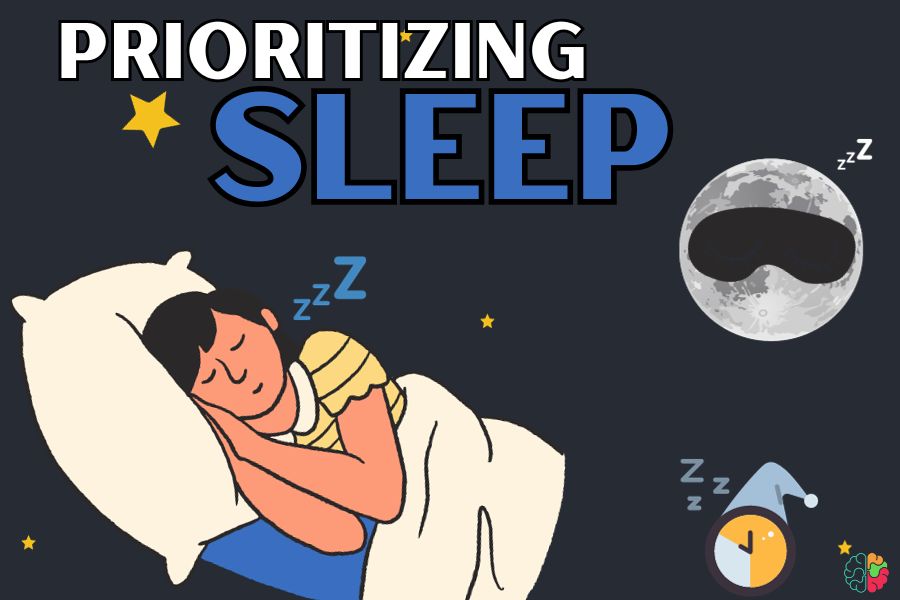Living a longer, healthier life is more than just good genetics — it’s about daily choices that strengthen the body, sharpen the mind, and preserve energy for years to come. While medical science continues to advance, simple lifestyle strategies remain the foundation of lasting well-being. Here are some practical, research-backed ways to boost your health and support longevity.
1. Nourish Your Body with Whole Foods

- Prioritize plant-based meals: Vegetables, fruits, legumes, whole grains, nuts, and seeds are rich in antioxidants and fiber that reduce chronic disease risk.
- Choose healthy fats: Olive oil, avocados, and omega-3 sources (like salmon, flax, and walnuts) support heart and brain health.
- Limit processed foods and sugar: Overconsumption of refined sugar and processed snacks increases inflammation and metabolic stress.
Tip: Adopt a Mediterranean-style or DASH (Dietary Approaches to Stop Hypertension) eating pattern, both linked to longer lifespans.
2. Stay Physically Active — but Mix It Up

- Aerobic exercise (brisk walking, swimming, cycling) strengthens the heart and lungs.
- Strength training builds muscle, preserves bone density, and helps maintain independence as you age.
- Flexibility and balance practices (yoga, tai chi, stretching) reduce injury risks.
Practical target: Aim for 150 minutes of moderate aerobic activity per week, plus two strength-training sessions.
3. Prioritize Quality Sleep

Sleep is when the body repairs tissues, consolidates memory, and regulates hormones. Poor sleep increases the risk of obesity, diabetes, and heart disease.
- Stick to a routine: Go to bed and wake up at consistent times.
- Create a sleep-friendly environment: Keep the bedroom cool, dark, and screen-free.
- Avoid stimulants late in the day: Caffeine and heavy meals can disrupt rest.
4. Manage Stress and Cultivate Emotional Health

Chronic stress accelerates cellular aging and weakens immunity.
- Mindfulness practices such as meditation, deep breathing, and journaling calm the nervous system.
- Build social connections: Close relationships are one of the strongest predictors of long, healthy lives.
- Engage in hobbies: Creative outlets and activities that bring joy buffer against burnout.
5. Protect Your Brain Health

Cognitive decline isn’t inevitable.
- Keep learning: Reading, puzzles, or learning new skills build “cognitive reserve.”
- Stay socially active: Meaningful conversations and community involvement sharpen the mind.
- Eat brain-friendly foods: Dark leafy greens, berries, fatty fish, and nuts.
6. Preventive Care and Regular Checkups

- Screenings: Blood pressure, cholesterol, cancer screenings, and dental care catch issues early.
- Vaccinations: Stay up to date to prevent infections that can lead to complications later in life.
- Listen to your body: Don’t ignore persistent symptoms; early intervention is powerful.
7. Reduce Harmful Habits

- Quit smoking: Smoking is one of the strongest predictors of early mortality.
- Limit alcohol: Moderate intake (or abstinence) is associated with better long-term health outcomes.
- Stay safe: Wearing seatbelts, helmets, and practicing safe habits reduces injury risk — an often-overlooked factor in longevity.
8. Find Purpose and Meaning

Beyond physical health, longevity is tied to psychological well-being. Studies of “Blue Zones” — regions where people live exceptionally long lives — highlight the importance of purpose (“ikigai” in Okinawa, Japan).
- Volunteer, mentor, or invest time in meaningful work.
- Align your daily life with your values and passions.
9. Embrace Moderation and Consistency

The path to longevity isn’t about perfection but about steady, sustainable habits. Small, daily improvements compound into lifelong benefits.
Final Thoughts
Longevity is not about adding years at any cost — it’s about adding life to your years. By nourishing your body, moving regularly, resting deeply, managing stress, staying connected, and finding purpose, you build not only a longer lifespan but also a healthier, more fulfilling one.


